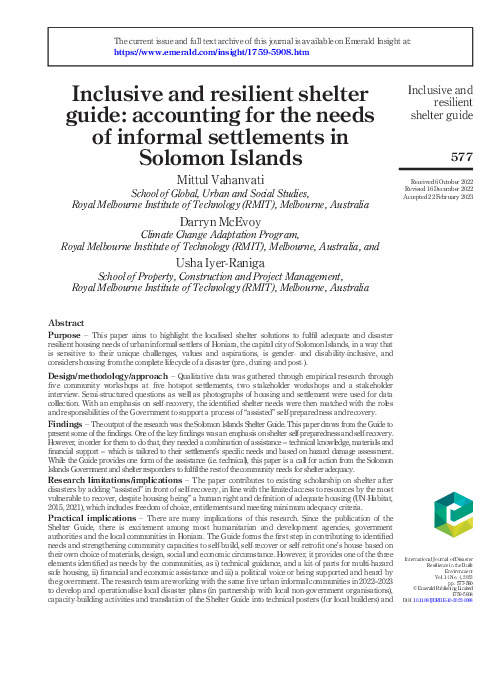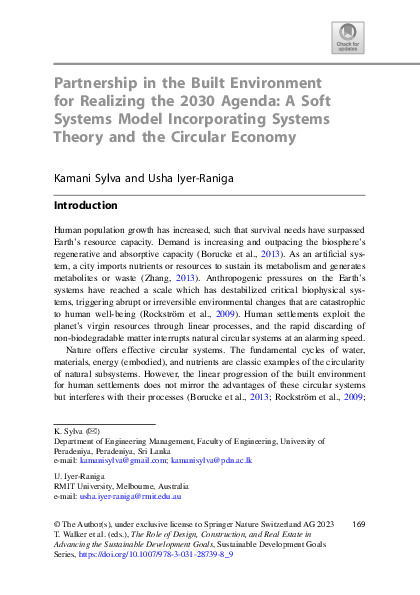Life cycle assessment of e-waste management system in Australia: Case of waste printed circuit board (PCB)
Electronic waste (e-waste) is one of the fastest-growing waste streams globally. Recycling is one of the environment-friendly waste management strategies that creates a net environmental gain in recovering valuable materials. In some countries, downstream recycling (high-value material recovery) is done overseas, and Australia is one of them. Waste printed circuit board (PCB) is a critical component of various electronic equipment, and it contains metals such as copper, tin, gold, aluminium, iron, silver, and others. Waste PCB, as apart of e-waste is mainly recycled overseas in Australia. However, the overall environmental impacts of recycling the waste stream overseas have yet to be investigated. The benefits of recovering the material in Australia have yet to be extensively understood from a supply chain perspective. This study aims to develop multiple scenarios using lifecycle assessment (LCA) methodology to identify the best possible solution for waste PCB disposal (final sink) derived from e-waste. Using SimaPro and Ecoinvent databases, four scenarios have been developed, along with a baseline scenario where waste PCB is recycled overseas. Receipe 2016 impact assessment methodology was utilized for the analysis, and results of the study showed that Scenario 2 (integrated material and energy recovery) is the best approach for waste PCB recycling in Australia, while landfill and direct incineration were the identified two worst scenarios in terms of final disposal option. When choosing local recycling over overseas recycling of waste PCB (material recovery only), it was found that impact categories such as global warming (human health) and fossil resource scarcity were reduced by 53% and 98%, respectively. In addition, the net positive environmental gain could be achieved for human non-carcinogenic toxicity by 7.16% when the waste stream is recycled in Australia. Uncertainty analysis of the study showed that in almost all major impact categories, material and energy recovery together scored high compared to scenarios when only material recovery was considered. This study is the first systematic attempt to characterize system-level lifecycle environmental impact assessment for waste PCB recycling. Future policies and regulations should focus on data transparency and availability across the value chain, local infrastructure development, and resource circularity. This study will add value to decision-making, policy on investment and future policy planning. It will also help industry and researchers develop optimized recycling-focused low-emission resource recovery supply chains.
Professor Usha Iyer-Raniga is at the School of Property and Construction Management at RMIT University. Usha is co-leading the One Planet Network’s Sustainable Buildings and Construction Programme (SBC), United Nations 10 Year Framework of Programmes on Sustainable Consumption and Production (UN 10FYP SCP) aligned with Sustainable Development Goal 12, as well as the newly formed Integrated Platform for Circular Economy, Climate Resilience, and Energy. This paper is directl related to the work of the UN OPN SBC programme.


